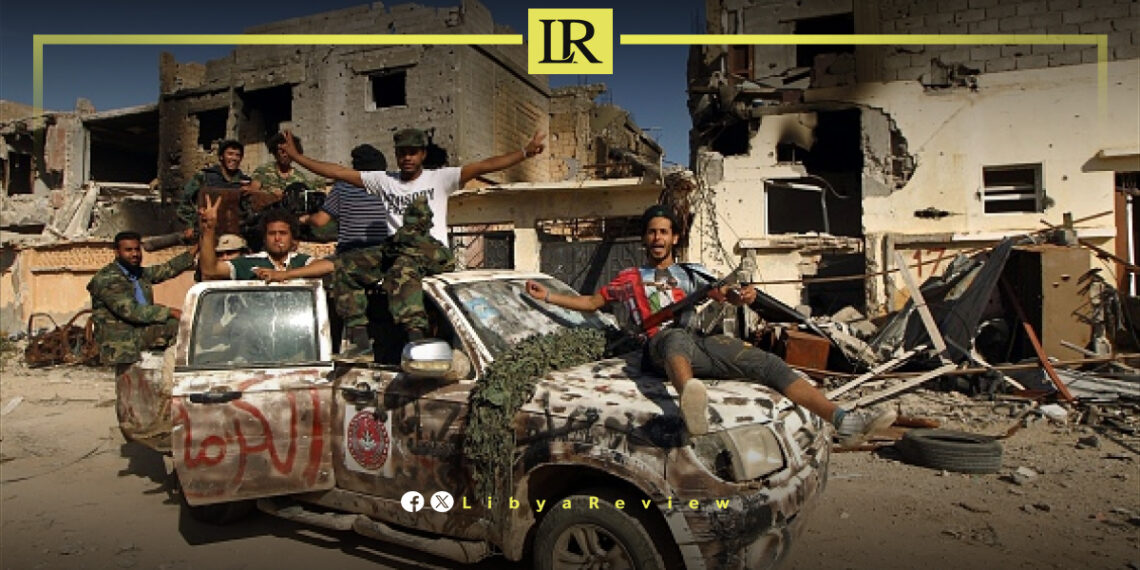On Saturday, a senior Sudanese diplomat raised alarms over an increasing influx of foreign mercenaries, many reportedly entering Sudan from Libya, complicating the country’s internal conflict.
According to Ahmed Abdel Wahid Ahmed, Sudan’s Ambassador to Tunisia, each time Sudanese forces attempt to halt foreign fighters, new waves arrive from Libya, as well as Chad and Niger, exacerbating the crisis.
Ambassador Ahmed emphasized in a press conference that Sudan needs international support to block these inflows rather than military intervention. He reiterated Khartoum’s stance against foreign peacekeeping troops, asserting that the Sudanese military is equipped to handle internal security — provided it can prevent the steady flow of fighters from neighboring nations.
Libya’s porous borders and the presence of various militias have, according to Sudanese officials, contributed to the frequent arrival of heavily armed mercenaries.
The diplomat’s concerns echo those of other Sudanese representatives, who have recently expressed frustration over alleged support from foreign actors for Sudan’s Rapid Support Forces (RSF), who are clashing with the Sudanese Armed Forces (SAF) across the country.
The RSF controls significant areas including resource-rich South Darfur and parts of Khartoum. Sudanese authorities allege the group is backed by neighboring countries with vested regional interests. In Paris, Sudan’s Ambassador to France, Khalid Mohamed Farah, stated that Libya and other neighboring states are assisting RSF forces with weapons, funds, and logistical support, as well as providing avenues for foreign fighters to reach Sudan.
The human toll continues to rise. Over 10 million people are internally displaced within Sudan, with 2.5 to 3 million Sudanese having fled the country. Khartoum alone has seen a devastating impact, with more than 5,000 casualties reported in recent months.


